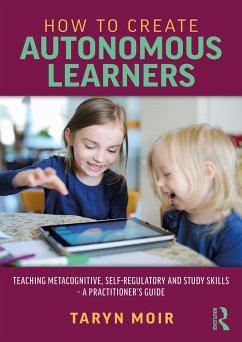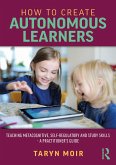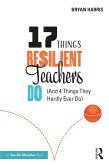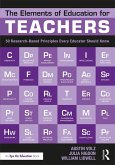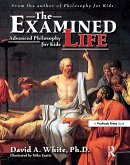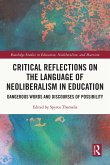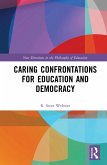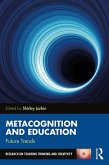Dieser Download kann aus rechtlichen Gründen nur mit Rechnungsadresse in A, B, BG, CY, CZ, D, DK, EW, E, FIN, F, GR, HR, H, IRL, I, LT, L, LR, M, NL, PL, P, R, S, SLO, SK ausgeliefert werden.
Hinweis: Dieser Artikel kann nur an eine deutsche Lieferadresse ausgeliefert werden.
Sarah Philp, Psychologist, Coach and Educator
This book is brilliant - an overview of metacognition, study skills and regulation. Lots of research, reflection questions, templates and strategy for school/colleges. I will be dipping in and out of this throughout 2023.
Ross Morrison McGill, aka @TeacherToolkit, and Deputy Head
This is an essential text for all those who are in the business of raising attainment and narrowing the poverty related attainment gap. It is thoroughly researched and full of evidence-based practice, yet highly accessible and practical. It will be equally useful for teachers, school leaders, senior officers and educational psychologists.
The book is very well structured and each chapter is focused, well explained and supports deepened understanding through reflective practice. Readers will find the clear and very accessible articulations of strategies, and the chapter-by-chapter self-reflection especially useful and engaging.
Sam March, Principal Psychologist, South Lanarkshire Council
'This volume reviews theory and research linking metacognition, strategy instruction, active learning and student motivation and examines the self-regulated learning strategies necessary to help children become autonomous learners, enhance life-long learning and improve outcomes in areas such as literacy and study skills. With tools for self-reflection and audit in each chapter and practical guidance on implementing the learning strategies at school and local authority levels, this book will be of interest to teachers, school leaders, educational psychologists and policy makers.'
James Boyle, Emeritus Professor of Psychology, University of Strathclyde

